
In brief
Bob Rhodes is the founder and President of LivesthroughFriends CIC, a social enterprise that demonstrates how those who have acquired the most complex reputations can live good lives when attention is paid to building relationship networks and a sense of purpose. In this blog, Bob shares a bit about their work in putting relationships first.
If you’d like to take the conversation about Rewilding Care further, Bob would be delighted to do so. Leave a comment below or send an email to bob@livesthroughfriends.org

Rewilding Britain
At Rewilding Britain, we define rewilding as the large-scale restoration of ecosystems to the point where nature is allowed to take care of itself. Rewilding seeks to reinstate natural processes and, where appropriate, missing species – allowing them to shape the landscape and the habitats within. It’s focused firmly on the future although we can learn from the past.
Rewilding encourages a balance between people and the rest of nature so that we thrive together. It can provide opportunities for communities to diversify and create nature-based economies; for living systems to provide the ecological functions on which we all depend; and for people to reconnect with wild nature.
A comparison struck me as I made my way home following the Citizen Network’s often exhilarating It’s Our Community event in Sheffield. I had spent a couple of days in the company of grassroots community organisations and peer support initiatives who exuberantly celebrated the impact that actively associating and taking personal agency had wrought in their lives. However, this was not a novelty to me – indeed I feel like I’ve witnessed that energy diminish over that past half-century. And I came away worried; not least because a significant number of the inspiring folk I had met expressed a simple faith that their example would change the system that they had not changed but rather disavowed.
In workshops and conversations I and others had sought to get people to think about:
- how professionals and services promote themselves as the prime solution to our ‘needs’, accentuating our dependency and diminishing our personal agency – as is inevitable and ‘normal’ within a market environment where service systems need and trade upon our perceived deficiencies.
- The importance of nurturing both strong and resourceful citizens, families and communities and local, enabling, skilled and complementary service systems.
- Hence, the fundamental importance of redefining the purposes and principles underpinning social services.
- The consequences of all-encompassing consumerism
- The ideological roots of the disintegrating system.
In hindsight, it is clear that such discussions are not at the centre of everyday conversations in most grassroots community groups. Pinching the strapline of Compass’s bi-weekly seminars, this is too “Bloody Complicated.” Indeed, one forceful leader looked at me aghast and said, “Do you mean this is political?”
As ever, people are preoccupied with getting by despite the system; rather than actively plotting revolution.
John McKnight put it this way:
Consumer society begins at the moment when what was once the province or function of the family and community migrates to the marketplace…
In adopting system life, people choose to yield sovereignty in exchange for the promise of predictability. Even families and communities turn over their sovereignty for the promise of a safe and predictable future.
In The Abundant Community: Awakening the Power of Families and Neighborhoods McKnight goes on to say:
Here is the rub: Systems that are constructed for order cannot provide satisfaction in domains that require a unique and personal human solution. They are unable to provide the satisfaction that they promise because of their very nature.
In short, the ‘promise’ is worthless.
So, on the train home, I mused upon keywords and straplines that we might use to generate conversations and facilitate conscientization. It struck me that, no matter how overwhelming the evidence throughout decades, ‘global warming’ repeatedly failed to grab widespread attention. However, people have got behind ‘climate change’ – perhaps because we experience and to some extent understand the weather and its palpable changes.
From there it wasn’t much of a leap to think about how the public understanding of the parallel ecological disaster arising from humanity’s self-interest and ignorance has unfolded. It has not taken too long, even for the most industrialised agribusinesses, for folk to get the message that getting out of the way and permitting nature to do what it does naturally is a powerful remedial strategy. ‘No Mow May’; field margins widened and left to their own devices; hedge planting; restored wild flower meadows; natural pest control with lacewings, ladybirds, or parasitic wasps; and wild corners in our gardens are all strategies familiar to casual viewers of Countryfile or Gardeners’ World. While most may not have progressed to considering the wild reintroduction of large free-roaming ungulates such as bison or top predators such as lynx and wolves, there’s a general understanding of the good sense associated with enabling nature to ‘have agency’.
For me, that rings a very loud bell. If we are to evolve a sustainable and truly caring society and effective and economic social services we, as was so clearly recognised by both Seebohm and Barclay Committees during the early years of Social Services Departments, must build upon the care that is naturally present in strong, resourceful and interdependent communities.
In pursuit of this, the challenge for Government is to restore agency to citizens and to design societal systems and social services that have their primary purpose in resourcing, supporting, and where necessary supplementing the relational, or associative, activities of families and communities.
This, of course, cannot be a top-down activity – hence the imperative to find an ‘imagery’ that is generally understood through which inclusive, democratic change can evolve.
I wonder then if ‘Rewilding Care’ has resonance?
When we talk to people about what really matters to them the universal answer is loving and reciprocal relationships closely aligned with a strong sense of belonging. These attributes are not in the gift of services BUT supplementary and complementary services can be designed to support families, friends and others to give their gifts.
However, concurrently, there’s a job to do in both ordering society to enable citizens to invest in relationships and supporting people to reject passive consumerism and assert active citizenship. At some point we all are likely to need care. Not to put to fine a point upon it, commissioned care institutionalizes. Is that really what we want for ourselves or those we truly care about?
Hilary Cottam is one of many social activists stunned by the silliness of marketized social care:
Relationships were allowed no place in the welfare state because they were thought at best not to matter and at worst to be a hindrance to social progress. But Beveridge realised he had made a mistake and now, when our human connections determine the social, emotional and economic outcomes of our lives, this omission matters more than ever. But in the intervening decades a reform process that has centred on management and control has further limited the possibility of human connection within existing systems. Today the welfare state concentrates on the efficient delivery of inputs and outcomes, trapping us in the cultures and mechanisms of transaction and limiting human connection.
In chorus with Hilary Cottam I would assert that, “our current systems whether financial, social, political, ecological, are actually beyond reform…”
So, here’s a thought for a new banner to galvanise action:
At Rewilding Care, we define rewilding as the intentional, societal-scale nurturing of interdependence and reciprocity to the point where real agency is restored to citizens, families and communities. Rewilding seeks to reinstate the natural interdependent societal relationships that have served humanity so well over millennia as the basis for a sustainable and flourishing future. Rewilding recognises that collaborative relationships constitute the basis of care and that professionals and services, that also have useful specialist roles, are complementary and supplementary actors whose core role is to support and strengthen the agency of citizens and their various associations. Rewilding means valuing people for their gifts rather than emphasizing and exploiting perceived deficiencies. Rewilding thrives on the apparent chaos of our unique lives and relationships. Rewilding Care builds upon the essence of humanity and it works!
If you’d like to take the conversation about Rewilding Care further, Bob would be delighted to do so. Leave a comment below or send an email to bob@livesthroughfriends.org
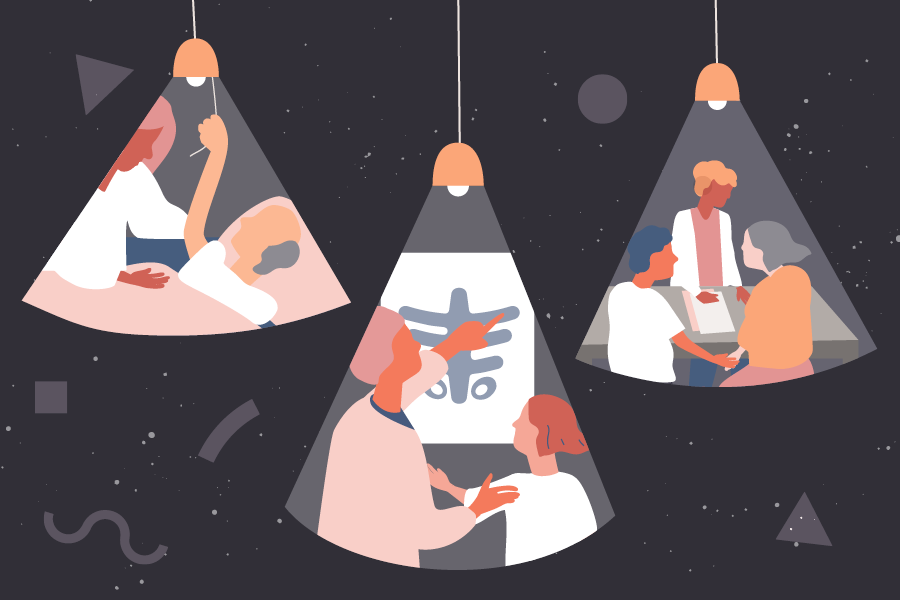
The man in the hospital
David Robinson reflects on a day at the hospital. As Health and Social Care Secretary Wes Streeting consults on the future of the NHS, David makes the case for “critical synergy”. “We want the awesome science”, he says. “We also want good relationships - warmth and...

The Relationships Academy: Why, What and How
How can we most usefully respond to the increasing demand for knowledge about relationship-centred practice, and for support in turning that knowledge into action on the ground? This is the question that we have been actively exploring since we put forward the idea of...
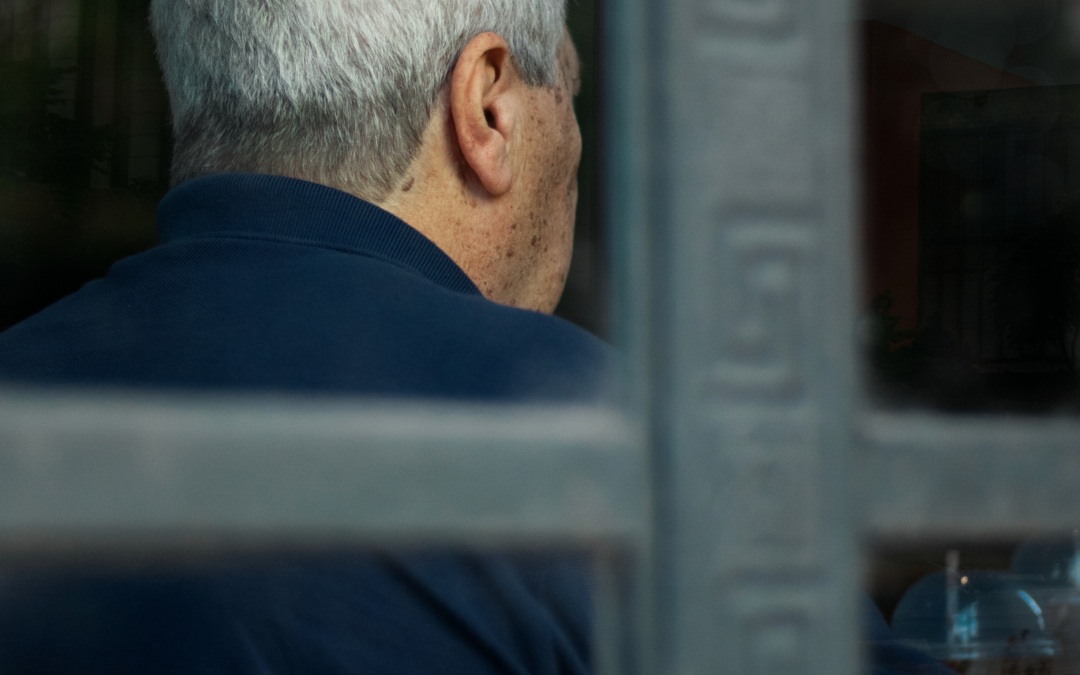
Reflections on our discussion about relational phrases
In brief This week, twenty of us gathered on Zoom to discuss the language we use when talking about relationships. The conversation was inspired by the publication of a glossary of relational phrases and, while we discussed definitions on the call, the conversation...
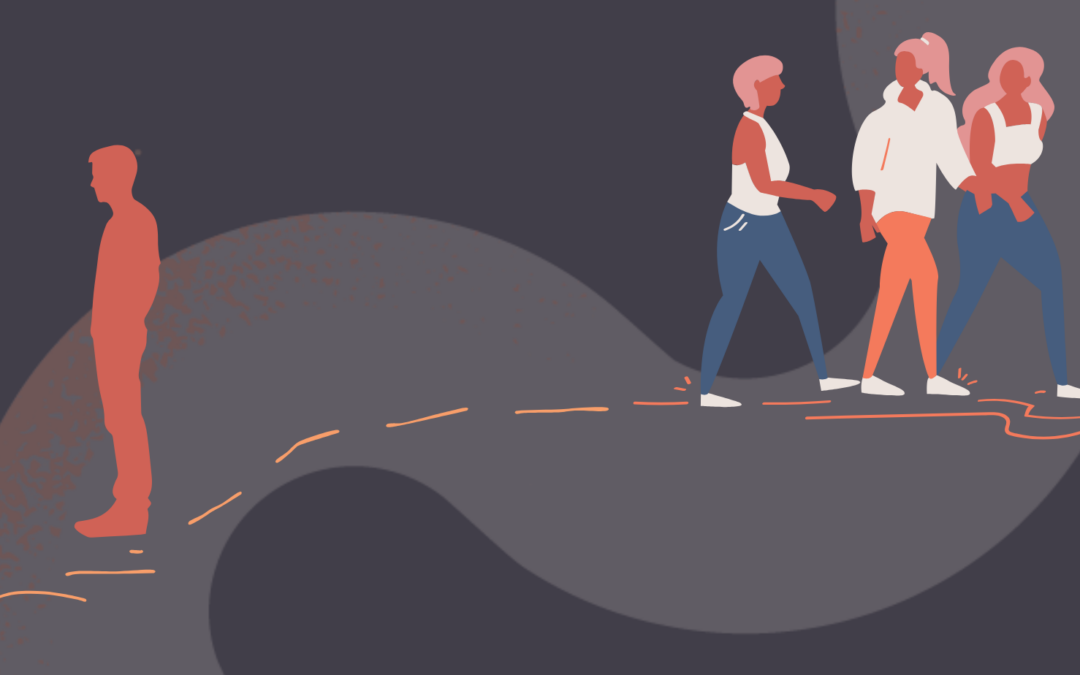
“So what are you going to do now?”: Reflection on the US Presidential election
On the morning after the night before, David Robinson offers a Relationships Project perspective on the US presidential election. A friend messaged me on the morning after the US election: “So what are you going to do now?” He has always been sufficiently interested...

A ‘Society of Service?’: Practical ideas for local and central government
In brief Days after the Prime Minister launched a bold new Civil Society Compact, the Health secretary announced a major public consultation on the future of the NHS and the Chancellor introduced a budget that squeezed frontline services in the short term, invested in...
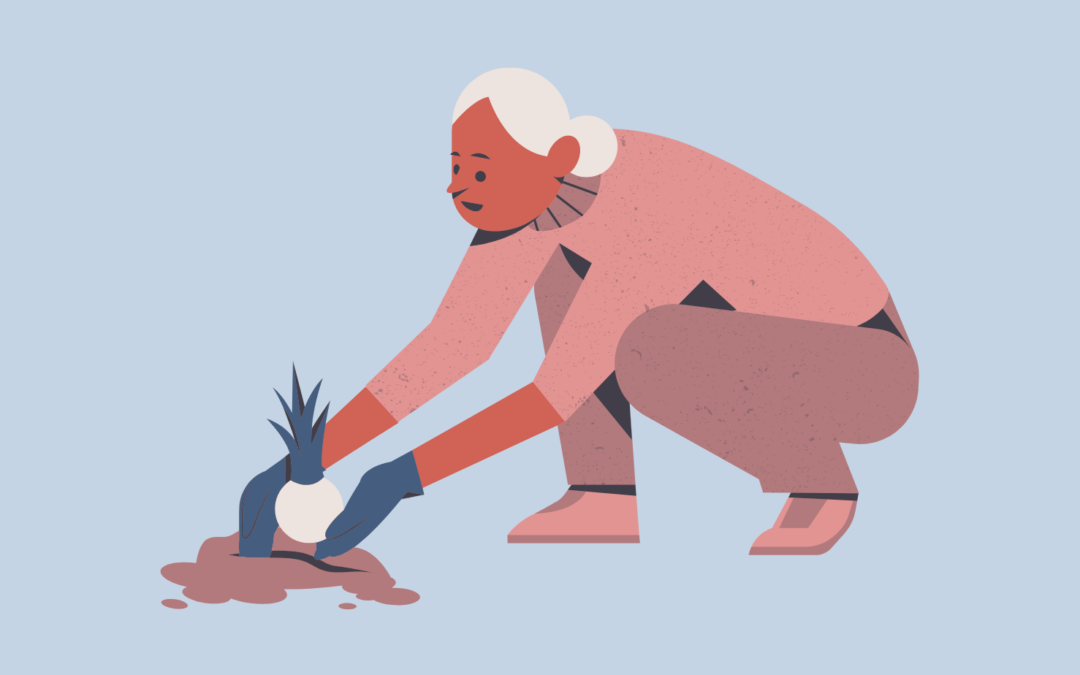
Doing what anyone would do
Days after the Prime Minister launched a bold new Civil Society Compact, the Health secretary announced a major public consultation on the future of the NHS and the Chancellor introduced a budget that squeezed frontline services in the short term, invested in the...
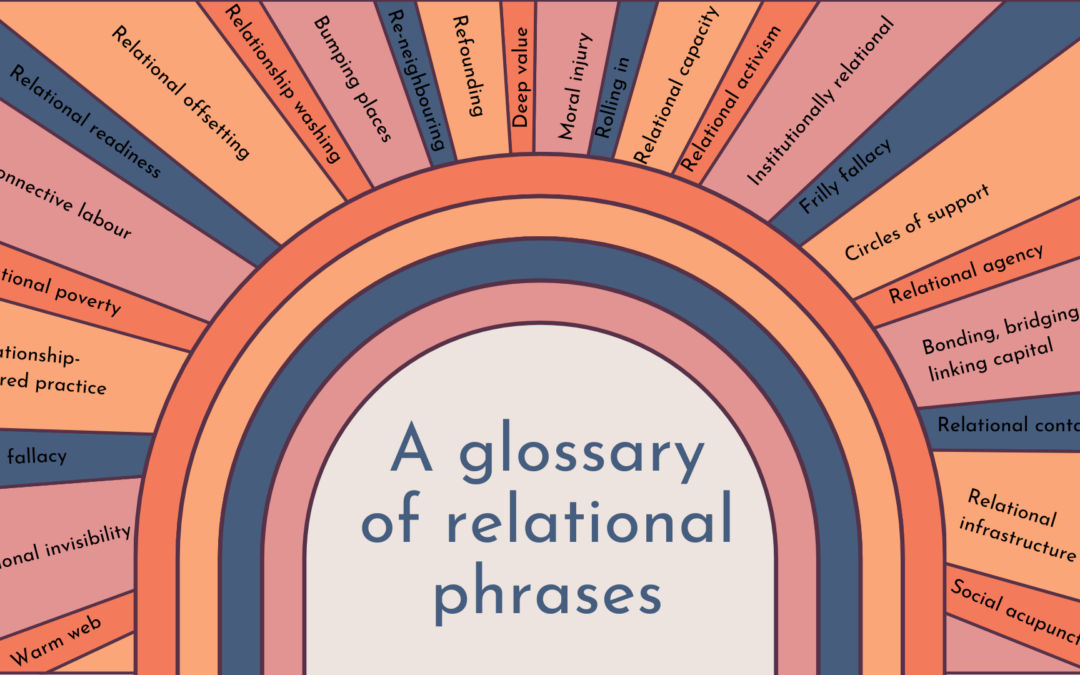
A glossary of relational phrases
In brief Over the last few years, many of us have been talking more and more about the importance of putting relationships first in our organisations, systems and communities. In being party to some of these brilliant conversations, and developing our own thinking,...

Relationships through the lens of power
Kaiden lives in Tiohtià:ke/Montréal and is a Samuel Centre for Social Connectedness Fellow. As part of their research fellowship, Kaiden's been supporting The Relationships Project to build a Pattern Library for Relationship-Centred Practice. In this blog, Kaiden...
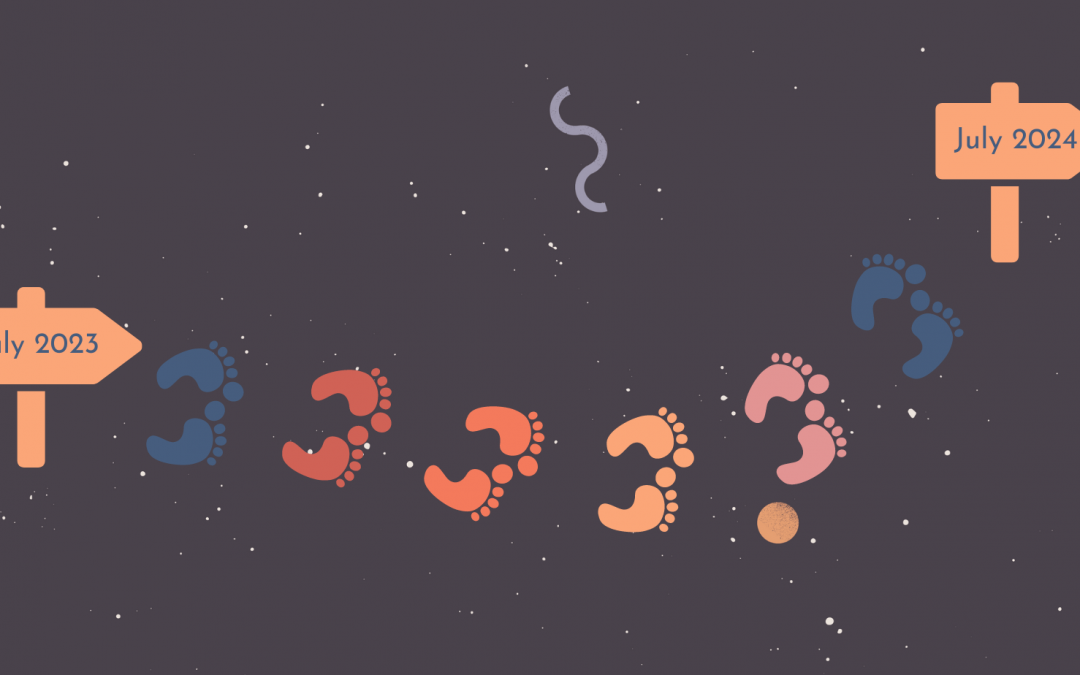
Two years of bringing people together
In brief Back in July 2021, we shared our proposal to the National Lottery Community Fund’s Bringing People Together Fund. In July 2022, we shared what we got up to in the first of our two years of funding - from recruiting the Relationships Collective to bringing...
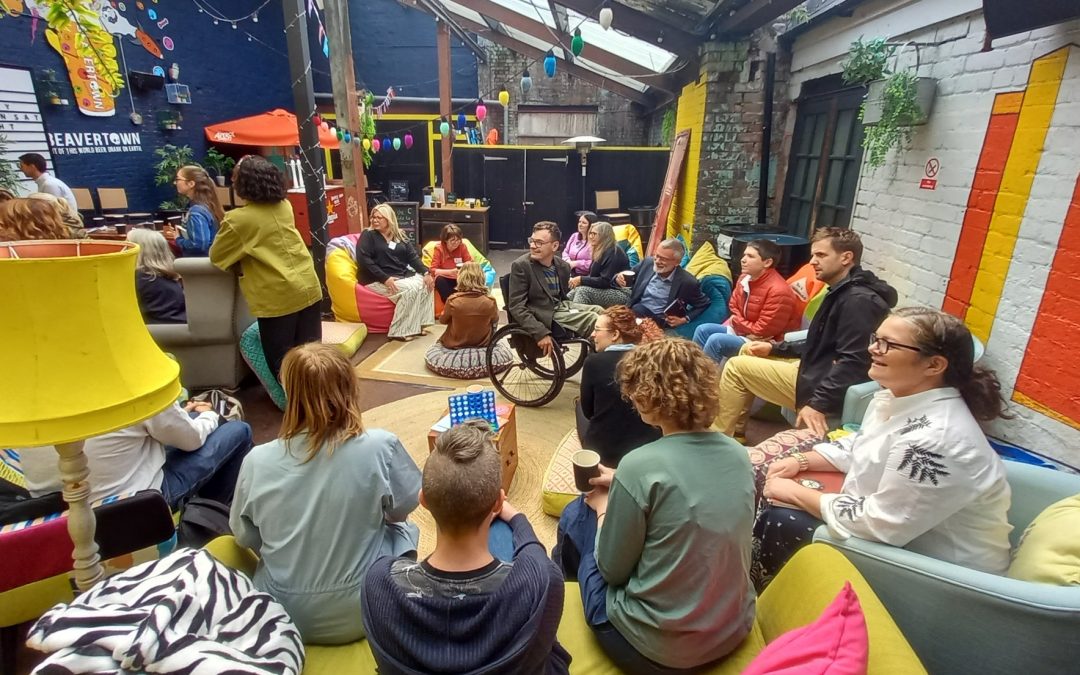
A letter from Birmingham
In brief On the 12th July 2024, 120 relationship-centred practitioners came together in Birmingham to explore how we can change our permissions to put relationships first. It was a day full of relationships, new and old, solidarity and celebration. Here, we offer our...
